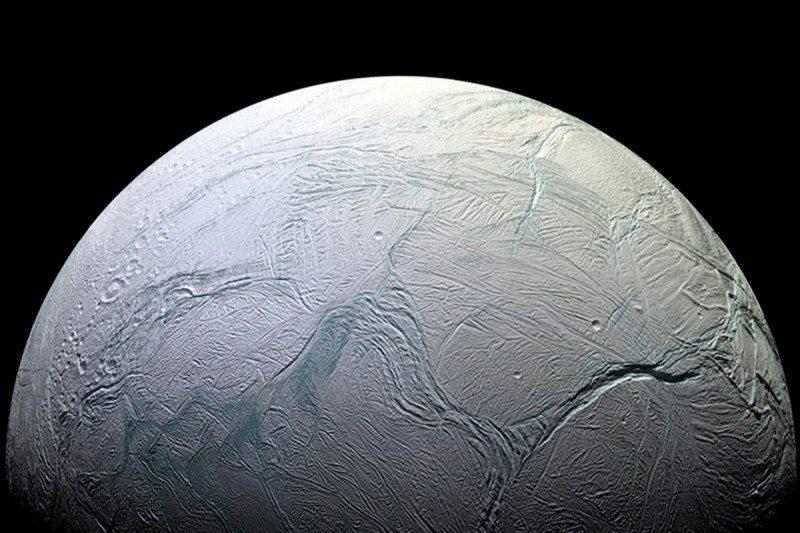LOS ANGELES, June 28 (Xinhua) -- Data from spacecraft Cassini revealed complex organic molecules originating from Saturn's icy moon Enceladus, strengthening the idea that this ocean world has conditions suitable for life, according to the U.S. National Aeronautics and Space Administration (NASA).
Previously, Cassini had detected small, relatively common organic molecules at Enceladus that were much smaller. The new research results, published in the current issue on Nature, showed much larger, heavier molecules than ever before.
Such large molecules can be created by complex chemical processes, including those related to life, or they can come from primordial material in some meteorites, according to the research team led by Frank Postberg and Nozair Khawaja of the University of Heidelberg, Germany.
At Enceladus, it is most likely they come from hydrothermal activity driving complex chemistry in the core of the moon, Postberg said.
"In my opinion, the fragments we found are of hydrothermal origin; in the high pressures and warm temperatures we expect there, it is possible that complex organic molecules can arise," Postberg said in a statement.
The Cassini-Huygens mission, a cooperative project of NASA, European Space Agency (ESA) and the Italian Space Agency, deliberately plunged into Saturn on Sept. 15, 2017.
